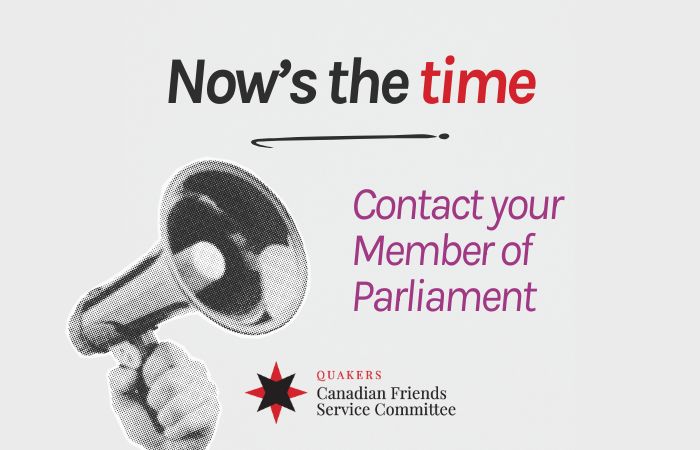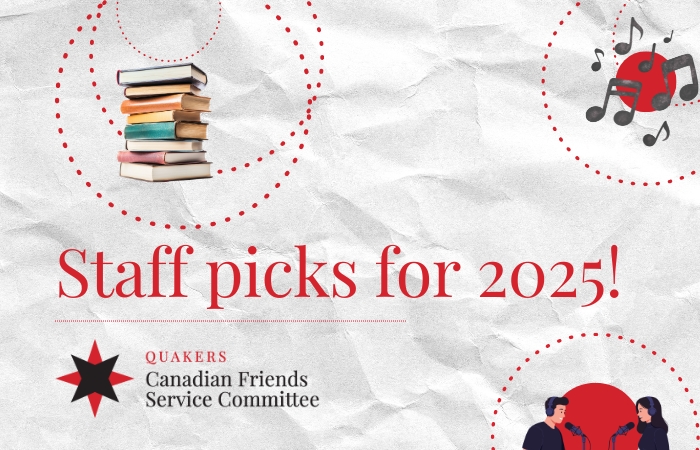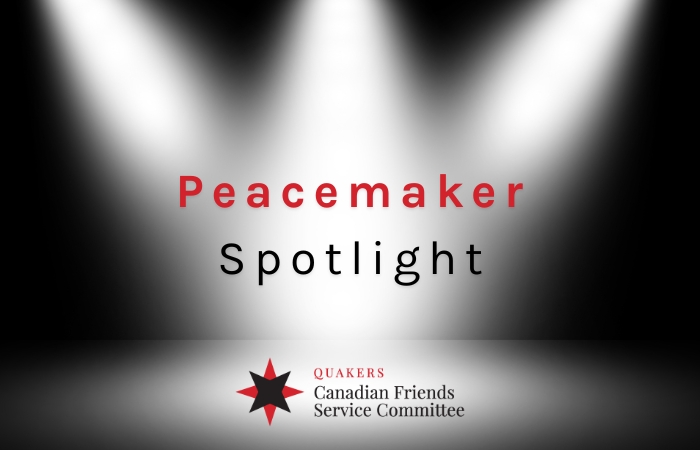Indigenous human rights & bio-diversity
April 26, 2013Joint Statement: Study on the extent of violence against Indigenous women and girls
May 24, 2013Canada’s human rights record just underwent a peer review process under the United Nations Human Rights Council. A number of organizations, including CFSC, have issued this media release with updated information from Geneva.
News release
29 April 2013
World community urges comprehensive response to human rights violations facing Indigenous peoples in Canada
(Geneva) Many of Canada’s closest diplomatic allies and trading partners are urging the federal government to do more to address the serious human rights issues facing First Nations, Inuit and Métis peoples.
On Friday, Canada’s human rights record was examined in a peer review process under the United Nations Human Rights Council.
During the process, called the Universal Periodic Review, more than 80 states offered comments and recommendations on Canada’s human rights record. The vast majority of state comments related to persistent human rights violations experienced by Indigenous peoples in Canada. These include violation of land rights, inequalities in education, health, drinking water and sanitation, food insecurity, control over lands and resources, and racial discrimination.
More than 20 states raised specific concerns about high levels of violence against Indigenous women in Canada. New Zealand, Norway, Switzerland and others urged Canada to adopt a comprehensive and coordinated national action plan to end such violence. Ireland called on Canada to also conduct an independent national inquiry into missing Indigenous women and establish effective databases. Australia recommended that the Aboriginality of victims of gender-based violence be accurately recorded.
The United States noted that on a per child basis, federal funding for child and family services in First Nations communities “has fallen to less than 80 percent of that provided by provincial and territorial governments for services in predominantly non-Aboriginal communities.” The United States urged Canada to “ensure parity of funding and services between Aboriginal and non Aboriginal communities.”
The United Kingdom, Finland and Germany were among states that highlighted the importance of the UN Declaration on the Rights of Indigenous Peoples. Canada endorsed the UN Declaration in November 2010 but has denied any obligation to implement its provisions.
A number of states highlighted the importance of open collaboration with UN experts like the Special Rapporteur on the rights of Indigenous peoples and respect for recommendations from UN treaty bodies.
Inequalities in access to drinking water and sanitation systems were also noted. Norway, for example, recommended that Canada take measures to ensure that all Canadians have full and equal access to clean water and sanitation.
Canada was previously examined under the Universal Periodic Review in 2009. Many of the same concerns were raised at that time. Although Canada acknowledged “the underlying principles” of state concerns, actions to date on their specific recommendations remain inadequate.
The report of the latest review will be released by the United Nations on Tuesday, April 30.
Elizabeth Berton-Hunter
Media Relations
Amnesty International
1-416-363-9933 ext 332
Cindy Blackstock
Executive Director
First Nations Child and Family Caring Society of Canada
1-613- 230-5885
Mervin Brass
Executive Director of Communications
Federation of Saskatchewan Indian Nations
1-306-956-1026
Cell: 1- 306-220-7187
Teresa Edwards
Director of International Affairs and Human Rights
Native Women’s Association of Canada
1-613-899-2057
Andre Morriseau
Media Relations
Chiefs of Ontario
1-416-580-9320
Grand Chief Stewart Phillip
Union of British Columbia Indian Chiefs
1-250-490-5314
Jennifer Preston
Canadian Friends Service Committee
1-416-920-5213
Anne Ste Marie
Media Relations
Amnistie internationale
514-766-9766 ext 230
Cell: 1-514-268-4983




